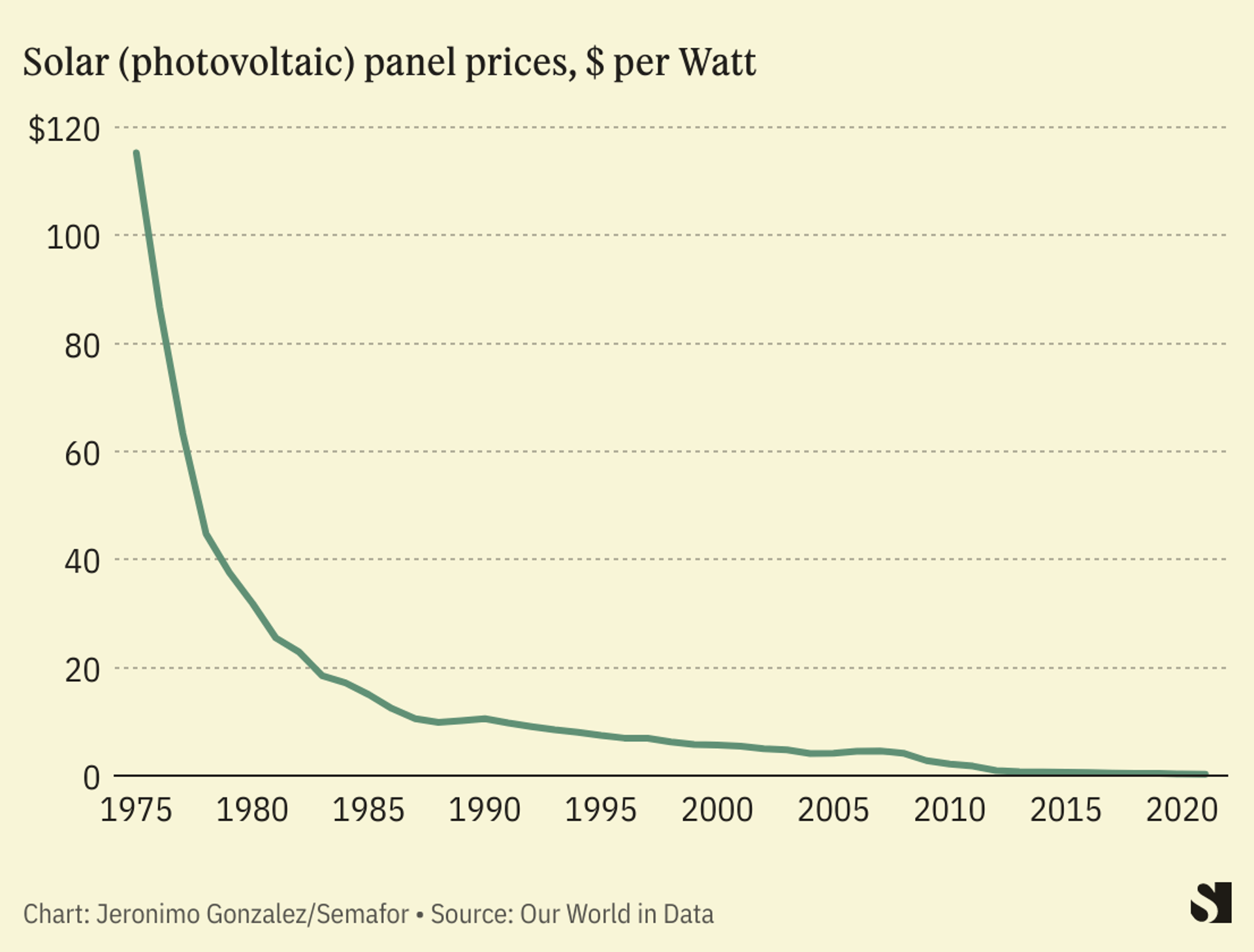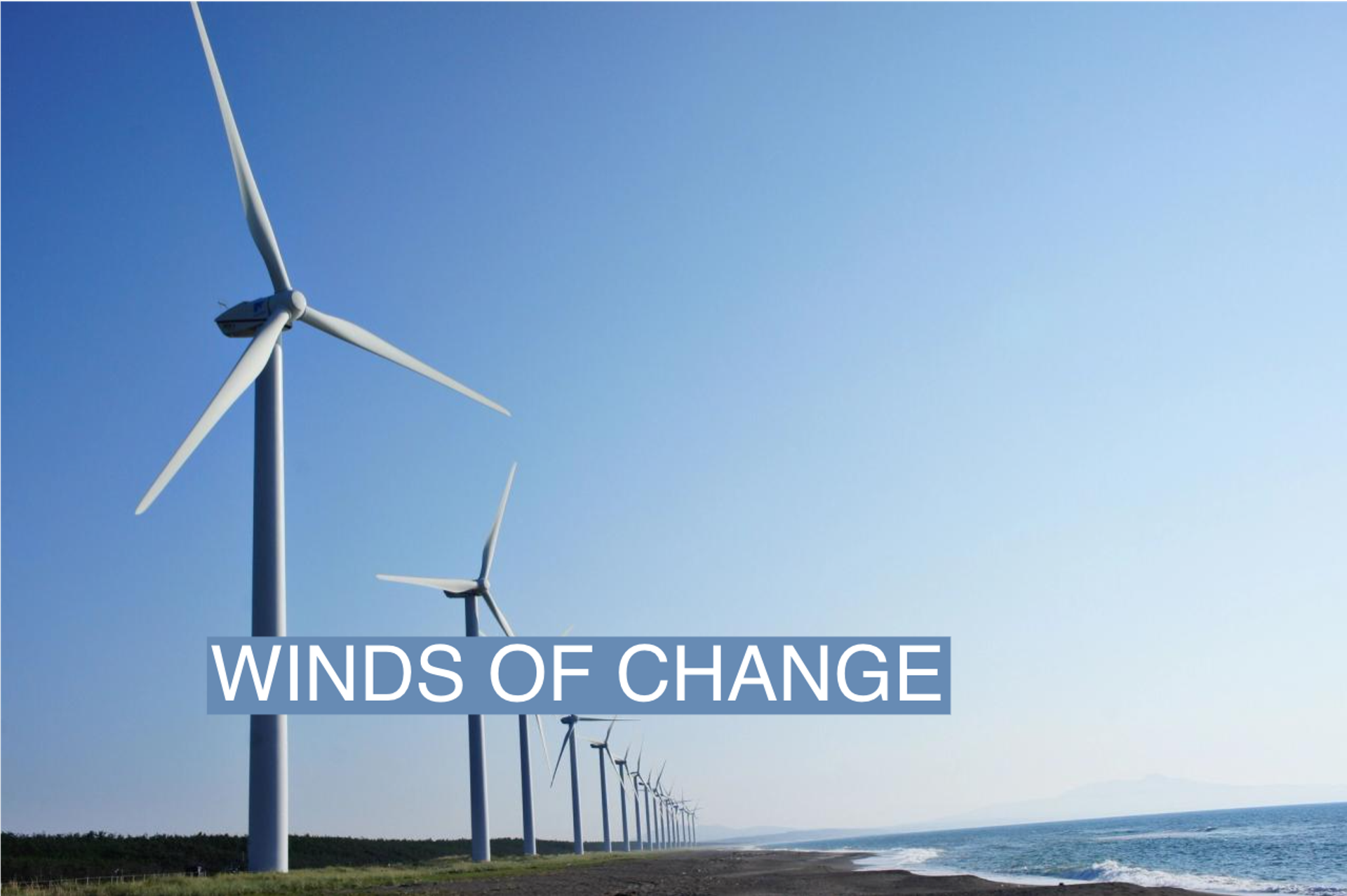The News
Climate change is one of the world’s most pressing problems, and no one is more worried about it than the young.
Nearly three-fifths of Americans under 35 say climate change is a direct threat to them, and almost half say they worry a great deal about it, according to a recent Gallup poll.
Global research shows even starker figures. A 2021 survey of 10,000 young people, aged 16 to 25, found that 84% were at least somewhat worried. Around half said they felt “sad, anxious, angry, powerless, helpless, and guilty” and that it negatively affected their daily life. And 39% said they were worried about having children, given the state of the world they would be born into.
Climate change is already driving droughts and famines in parts of Africa, floods last year in Pakistan, as well as fast-changing weather patterns in the West. The Horn of Africa has seen its worst drought in 40 years, and has more than 4 million people in need of humanitarian assistance. It’s also true that the world is on course to miss the 1.5 C target of warming, agreed at the 2015 UN Climate Change Conference in Paris.
In this article:
Tom’s view
Young people, especially those in richer countries, can afford to be more optimistic about the future. There are lots of good-news stories about climate change which don’t get the attention they deserve. Things really have moved in the right direction.
One of my very favorite examples is the graph showing the cost of solar panels. Back in 1975, each watt of additional solar capacity cost $100. By 2010, that was less than a dollar. Now it’s 27 cents. Current solar prices are way below what IPCC models predicted they would be in 2050. The price of lithium-ion batteries per kilowatt-hour, meanwhile, fell by 97% between 1991 and 2018. They’re also longer-lasting and higher capacity than they used to be.

All that green energy is going to good use. The electric vehicle industry is booming: In 2006, just one in 500 cars sold were electric or plug-in hybrids. Last year, it was more than one in eight, worldwide. The International Energy Agency estimates that by the end of the decade, one in three cars sold will be electric.
And the progress has had an effect. Not long ago, it was realistic to worry that the world might see 4 C of warming, or more. But now, given the trends I’ve outlined, and the existing policies of world governments, the Climate Action Tracker, an independent scientific body which evaluates climate policy impacts, thinks the most likely outcome is 2.4 degrees. In 2018, existing policies led to between 3.1 and 3.7 degrees of warming.
To be clear: 2.4 degrees isn’t good. It’ll mean changing weather patterns, leading to more droughts and more floods. It’ll mean heatwaves and rising sea levels, and very possibly the disappearance of some entire island nations. It will probably mean tens or hundreds of thousands of deaths a year more than there would be in a world without climate change.
But it probably won’t mean the collapse of society in the lifetime of today’s young people. Overall, as the world has become richer and more technologically advanced, we’ve become more able to feed people, despite a growing population, and, perhaps more surprisingly, deaths from natural disasters have drastically dropped, too. Climate change will slow that progress, but it’s unlikely, as it stands, to reverse it.
It’s really important for young people to be aware of this progress. Scientists have been warning of the dangers of climate change since before I was born. Imagine how disheartening it must be if you believe that, after all that time, all that effort, all those billions of dollars spent, nothing had changed. It would be awful.
Believing the worst isn’t helpful for activism, either. As Our World in Data’s Hannah Ritchie pointed out recently, people who believe we’re definitely doomed achieve the same thing as people who believe climate change isn’t happening: Inertia. The actual reality — that human ingenuity, government policies, and global activism have made a real difference — is a far greater call to action.
Room for Disagreement
Climate forecasts are uncertain. One key issue is feedback effects. For instance, if a warming world causes more clouds, then they will reflect more sunlight back into space. That would slow warming down: A negative feedback. Or, a warming world might cause more water vapor in the atmosphere, which would trap more heat and accelerate warming: A positive feedback. The most likely scenarios at the moment seem to be bad, though not devastating, warming. But if there are unforeseen positive feedback loops, that could be completely wrong. That’s why keeping warming as low as possible is still important.
Notable
- You shouldn’t have to set the bar for worrying about climate change at “human extinction” or “societal collapse,” the politics writer Matthew Yglesias argues. The fact that it will cause humanitarian disasters such as droughts and floods in poorer countries is reason enough to try hard to avert it.

